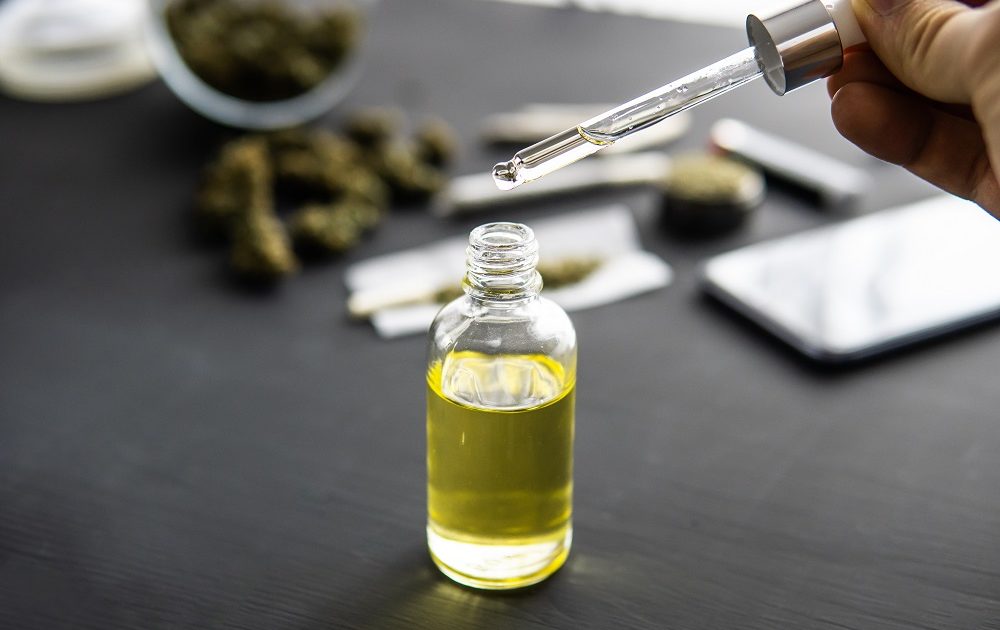By now, you have heard enough about medical cannabis to know that it is a big deal in a lot of states. If you pay attention to the media, you are also aware of the many terms used to describe the plant in question. Some people call it weed. State governments tend to refer to cannabis. And of course, people talk about marijuana all the time. So what’s the deal? Are they all the same?
Yes and no. Biologically speaking, there is a distinct difference between cannabis and marijuana. But that’s not all. There are cultural and legal ramifications behind some of the other terms. For example, there is a legitimate reason why Deseret Wellness in Provo, Utah doesn’t use the word ‘marijuana’ in any part of their business.
1. Hemp and Marijuana
The starting point for this discussion is understanding the difference between hemp and marijuana. Both plants are different species of the cannabis plant. In a broad sense, medical cannabis relates to medicinal products derived from both hemp and marijuana.
You could go into Deseret Wellness and buy CBD-based medications. These are medications derived primarily from hemp. You can also buy THC-based medications. They are derived primarily from marijuana. Both are designated as medical cannabis because they both come from cannabis plants. It is just that they come from different species of plants.
2. Medical vs. Recreational Use
Desert wellness operates in a state that only allows medical use. Utah state lawmakers have no intention of giving the green light to recreational use. They want their program to remain strictly medicinal. As such, they frown on terms like ‘dispensary’ and ‘marijuana’. They prefer ‘pharmacy’ and ‘cannabis’.
From the pharmacy’s perspective, they want to make sure they stay on the Utah Department of Health’s good side. They do not want to do anything that could jeopardize the ability to renew their licenses. That includes using any terms that may lead people to think recreational use.
3. Colloquial Terms
That leads us to colloquial terms like ‘weed’ and ‘pot’. These are terms that are used frequently among recreational users. Incidentally, recreational users tend to smoke their cannabis. Smoking weed is illegal in many states, including Utah, because regulators don’t want to encourage recreational behavior.
Though there isn’t any hard and fast data, it would be interesting to know how many recreational users chose things like gummies and topicals. It seems like smoking is still the most effective vehicle for recreational use given how quickly it delivers marijuana’s euphoric effects. Vaping would be a close second, especially for those who want to use marijuana but don’t want to take the risks associated with smoking.
4. Terms Mean Things
Regardless of the terms used, it’s important to remember the old adage that says words mean things. We know they do. A person or organization’s chosen terms says a lot about their perspective. In Utah, cannabis-related businesses do their best to use the terms the state prefers. That makes good business sense. Why take any chances that you might upset the regulators who determine whether or not you’ll stay in business?
Patients who use cannabis strictly as a medicine may choose to use only the medical terms. They might also be okay with colloquial terms. It is six of one and a half-dozen of the other, so to speak. The wild card in all this is the recreational audience.
Talking about weed and pot clearly signifies their belief that cannabis use should be completely deregulated. That’s okay. This post simply observes the fact that colloquial terms tend to lean toward recreational use rather than medical.





